United States
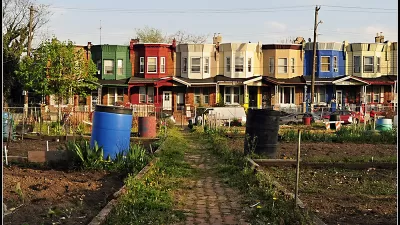
Housing Design That Advances Health
Applying trauma-informed principles, reducing social isolation, and encouraging active living—how housing can be designed to promote good health.

Transportation Reauthorization Advances in Congress—Transit Advocates Aren't Happy
The Senate Environment and Public Works Committee voted this week to advance the Surface Transportation Reauthorization Act of 2021, Congress's five-year reauthorization of the federal surface transportation bill.
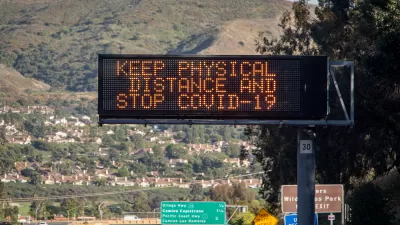
Returning to the Office: Will Vaccinations Be Required?
A survey by Kaiser Health News of 15 of America's largest companies found that none are considering vaccine mandates, but most offer employee incentives. Mandates may be more of consideration after the FDA approves the vaccines.

Opinion: Transportation Funding Priorities Are Outdated
Investing in technology and promoting innovation in the transportation sector can further the Biden administration's goals of reducing carbon emissions and improving public transit.
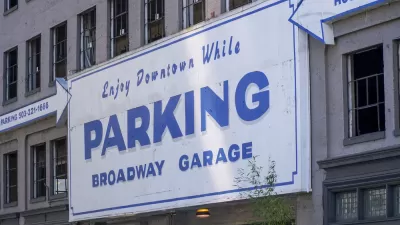
The Perils of Central Planning for Parking
Donald Shoup, the author of the seminal planning book "The High Cost of Free Parking," explains how parking requirements have poisoned cities and why poor planning is to blame.
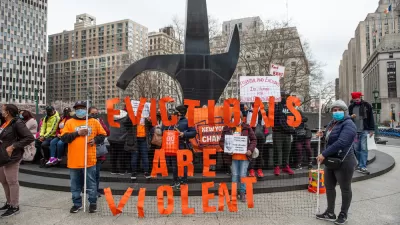
Billions of Dollars in Rent Relief Might Arrive Too Late
The federal government has never provided so much aid to renters, but rental assistance is still failing to reach the people who need it most.
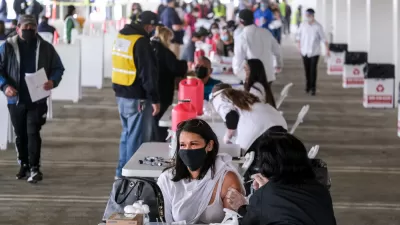
Vaccination Disparities Between Urban and Rural America
The pandemic has largely been measured by case incidence, down significantly in recent weeks in most states. A new metric, the vaccination rate, may determine where the virus strikes next. The urban-rural divide is a major factor, says the CDC.
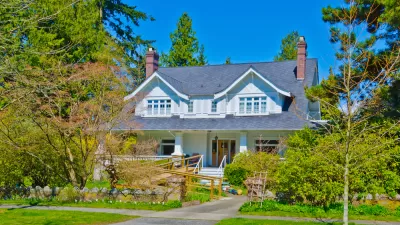
Rising Home Prices Most Pronounced in Communities of Color
U.S. home values appreciated sharply during the pandemic, particularly in communities of color, where prices rose by as much as 10.3%.
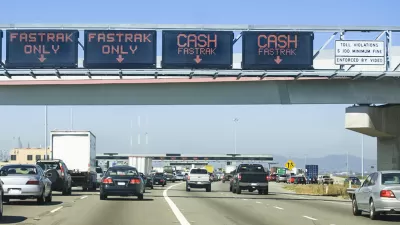
Funding Biden's Infrastructure Plan: Should Users or Corporations Pay?
After determining the size and scope of President Biden's infrastructure package, the next biggest challenge is determining how to pay for it. The partisan divide is steep, but Roll Call exposes division within the Democrats' ranks.
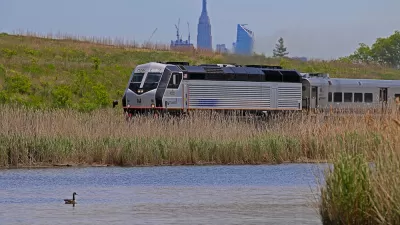
The High Cost of Adapting Commuter Rail for the Post-COVID Future
U.S. commuter rail systems, primarily designed to bring workers to and from central business districts, must adapt to serve a broader population as the traditional workday changes.
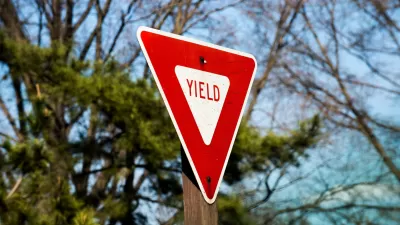
Strong Towns Takes Licensing Challenges to Court
For a second time, Charles Marohn is facing a challenge from the engineering profession over his work as the founder of the popular advocacy organization Strong Towns. This time, Marohn and Strong Towns are pushing back.
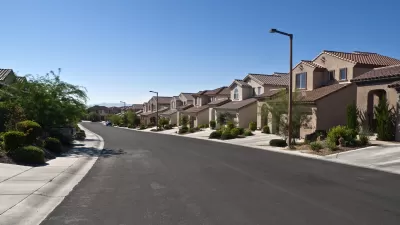
On the Essential Role of Land Use in the Fight Against Climate Change
The country cannot hope to achieve its goals for the reduction of greenhouse gas emissions without fundamentally rethinking its land use and development patterns, according to this article.
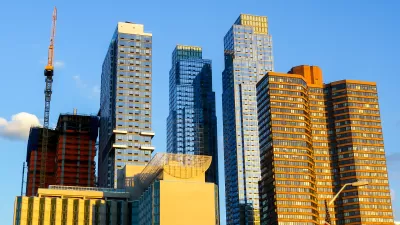
The Future of Central Business Districts
Urbanist Richard Florida assesses post-pandemic possibilities for neighborhoods that once relied on 9-to-5 workers.
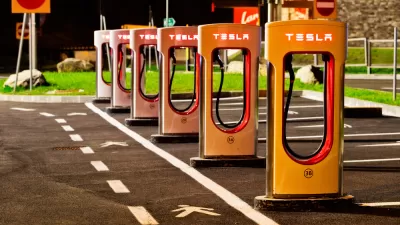
Decarbonizing Transportation at the Federal Level
A new report shows that long-term federal investments in electric vehicles could promote significant growth in the sector as the nation moves toward reducing GHG emissions.
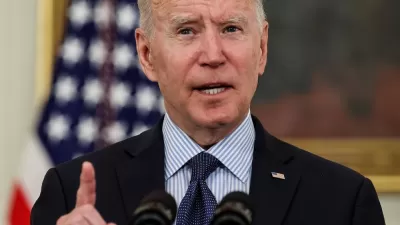
Biden's Infrastructure Targets Shift as Negotiations Commence
The Biden administration announced late last week that they would reduce the spending proposed in the American Jobs Plan from $2.25 trillion to $1.7 trillion, although there is some question about the true significance of those changes.
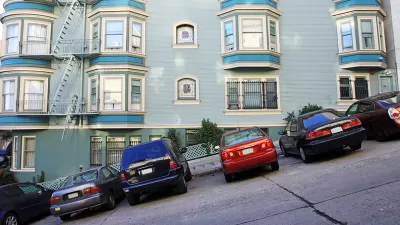
The Parking Disaster
Minimum parking requirements, argues Michael Manville, raise the cost of construction and eat up valuable urban real estate.
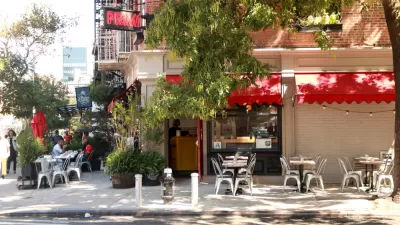
Car-Free Streets Benefit Restaurants, Yelp Survey Shows
Restaurants in areas designated as "slow streets" during the pandemic saw a boost in consumer interest.
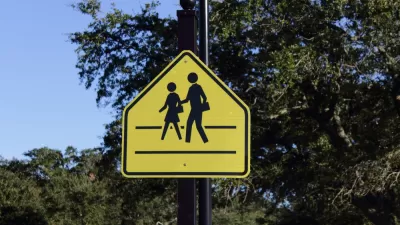
NACTO Suggests Changes to MUTCD
The association's proposed changes to the manual include a focus on eliminating road deaths, improving pedestrian safety, and creating a more inclusive public process.
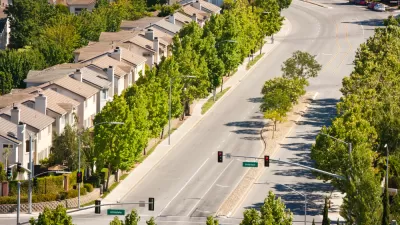
Approaching Land Use and Transportation as Interconnected Issues
One researcher argues that the division between transportation and land use policymaking at the federal level has harmed communities of color and encouraged unchecked sprawl.

FYI about GSI: The Recipe for Green Stormwater Infrastructure Success
New research highlights some of the ways planners can increase the social benefits and public acceptance of green stormwater infrastructure.
Pagination
Urban Design for Planners 1: Software Tools
This six-course series explores essential urban design concepts using open source software and equips planners with the tools they need to participate fully in the urban design process.
Planning for Universal Design
Learn the tools for implementing Universal Design in planning regulations.
Gallatin County Department of Planning & Community Development
Heyer Gruel & Associates PA
JM Goldson LLC
City of Camden Redevelopment Agency
City of Astoria
Transportation Research & Education Center (TREC) at Portland State University
Jefferson Parish Government
Camden Redevelopment Agency
City of Claremont


































